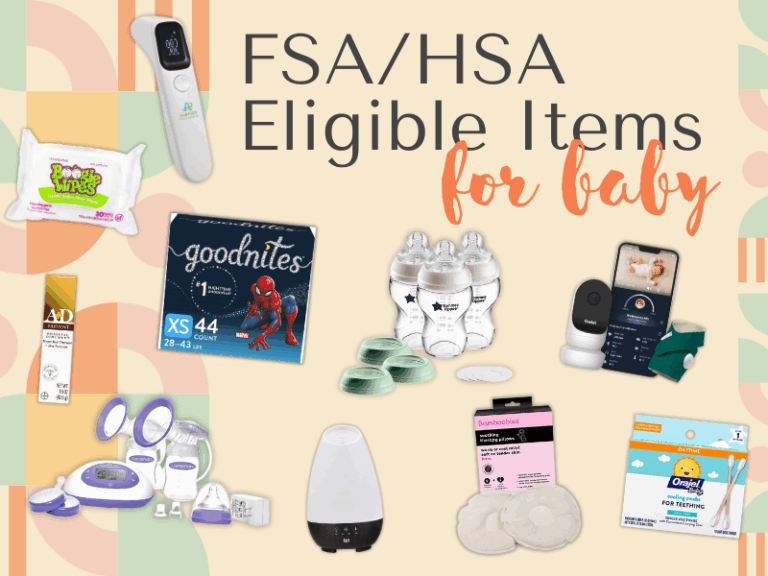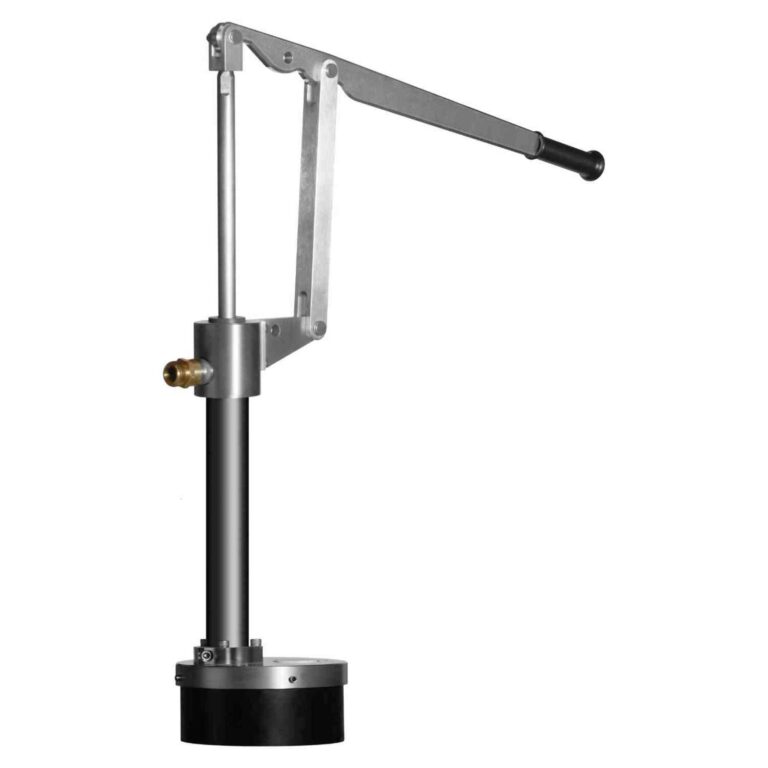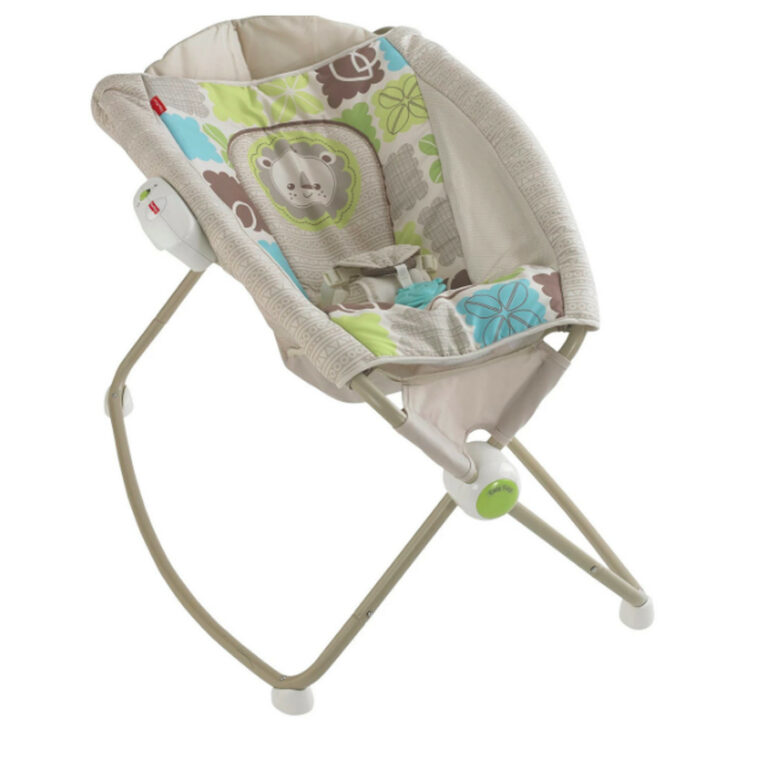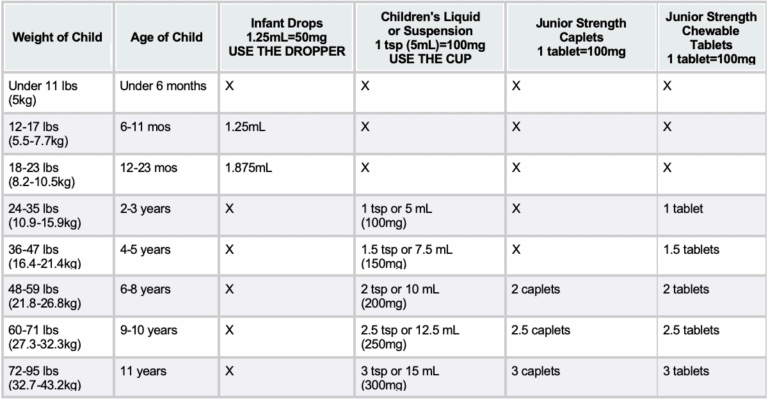Lip Tie in Newborns: Understanding the Causes, Diagnosis, and Treatment
Lip tie is a condition that can affect newborns, causing a restricted range of motion in the upper lip. It can impact breastfeeding, speech development, and oral health. Understanding lip tie and its implications is crucial for parents and healthcare professionals alike.
Lip tie occurs when the frenulum, a thin band of tissue that connects the upper lip to the gums, is too short or tight. This can limit the baby’s ability to latch properly during breastfeeding, leading to frustration and pain for both the mother and the child. It can also affect the baby’s ability to suck and swallow, potentially resulting in poor weight gain.
Lip Tie in Newborns

A lip tie is a condition that occurs when the frenulum, a small piece of tissue that connects the upper lip to the gum, is too short or tight. This can restrict the movement of the upper lip and make it difficult for the baby to latch on to the breast or bottle.
Symptoms of a Lip Tie
- Difficulty latching on to the breast or bottle
- Pain or discomfort during breastfeeding
- Clicking sounds during breastfeeding
- Nipple pain or damage
- Slow weight gain
Treatment for a Lip Tie
The most common treatment for a lip tie is a simple procedure called a frenotomy. This involves cutting the frenulum to release the tension and allow the upper lip to move more freely. The procedure is usually performed in the doctor’s office and takes only a few minutes.
Benefits of a Frenotomy
- Improved latch and breastfeeding
- Reduced pain and discomfort during breastfeeding
- Increased weight gain
- Improved nipple health
Risks of a Frenotomy
The risks of a frenotomy are very low. However, there is a small risk of bleeding, infection, or damage to the frenulum. These risks can be minimized by having the procedure performed by a qualified healthcare professional.
When to See a Doctor
If you think your baby may have a lip tie, it is important to see a doctor. Early diagnosis and treatment can help to prevent problems with breastfeeding and ensure that your baby is getting the nutrients they need.
FAQ
What are the symptoms of lip tie in newborns?
Symptoms of lip tie may include difficulty latching during breastfeeding, frequent gas and colic, poor weight gain, and a clicking sound during feeding.
How is lip tie diagnosed?
Lip tie is typically diagnosed through a physical examination by a healthcare professional. They will assess the baby’s lip mobility and frenulum.
What are the treatment options for lip tie?
Treatment options for lip tie include frenotomy, a minor surgical procedure to release the frenulum, and myofunctional therapy, which involves exercises to improve lip and tongue function.





